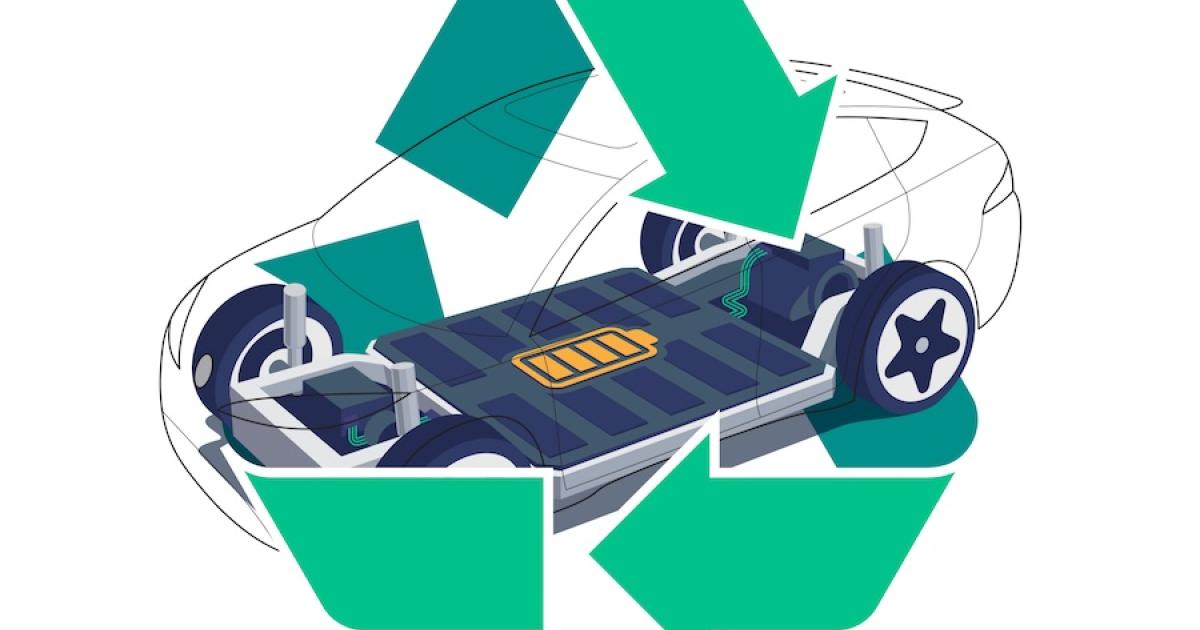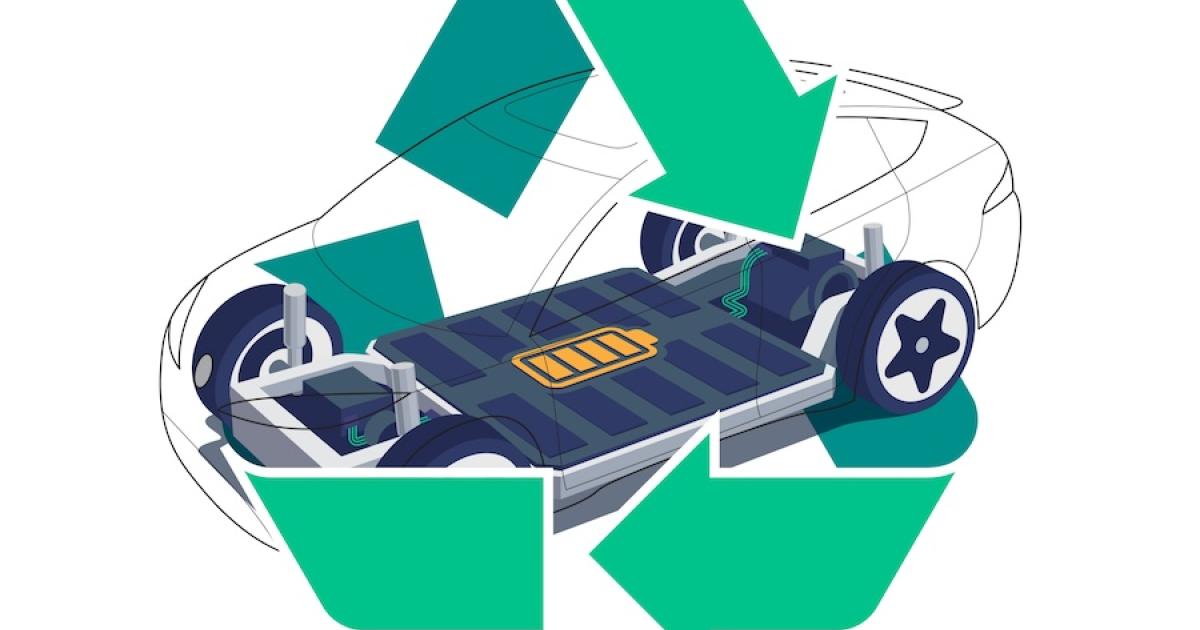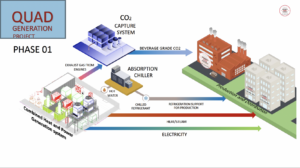
New Jersey officially passed an extended producer responsibility (EPR) law last month that makes the disposal of EV batteries in landfills illegal in the state. The Electric and Hybrid Vehicle Battery Management Act requires battery manufacturers to create an alternative procedure to reuse and recycle as much of the discarded EV battery as possible.
The new law affects any company that sells EV batteries in the state. It includes vehicle and/or battery manufacturers, importers, and brand or trademark licensees.
New Jersey isn’t the first to enact EPR laws. The District of Columbia signed a single-use and rechargeable battery EPR mandate in 2021, followed by California in 2022 and Washington state in 2023.
Each company is required to create a plan for the "collection, transportation, remanufacturing, reuse, recycling and disposal … of used propulsion batteries," the New Jersey law says. The goal is to create a circular economy for EV batteries, which can catch fire or leach chemicals into the water table when they decay in landfills. There were 123,551 EVs registered in the state as of June, according to the latest data from the New Jersey Department of Environmental Protection (DEP) states that.
"We developed guidance for those in the growing recycling industry that will support innovation, job creation and environmental stewardship from reusing materials and parts," said New Jersey State Sen. Bob Smith, chairman of the New Jersey Senate Environment and Energy Committee and sponsor of the bill, in a statement.
There is precedent for end-of-life practices for EV batteries to generate economic benefits. In December, Toyota announced a partnership with Cirba Solutions, a battery manufacturing and recycling company. Toyota stated that it expected to reduce overall transportation and logistics costs by around 70 percent, citing reduced average miles driven for collection and recycling as one of the main drivers.
There are also increased federal incentives for companies to take advantage of materials from discarded EV batteries. Policies such as the Battery and Critical Mineral Manufacturing Production Tax Credit and the Battery and Electric Vehicle Manufacturing Tax Credit provide financial benefits for the recycling of EV vehicles and reimbursement for the cost of some eligible critical minerals or technological components used in batteries.
The legislation itself is rolling out between 2025 and 2027. All EV battery producers are required to register with the DEP by January 2025, with the full force of the law officially taking hold in January 2027.
- SEO Powered Content & PR Distribution. Get Amplified Today.
- PlatoData.Network Vertical Generative Ai. Empower Yourself. Access Here.
- PlatoAiStream. Web3 Intelligence. Knowledge Amplified. Access Here.
- PlatoESG. Carbon, CleanTech, Energy, Environment, Solar, Waste Management. Access Here.
- PlatoHealth. Biotech and Clinical Trials Intelligence. Access Here.
- Source: https://www.greenbiz.com/article/new-jersey-has-made-it-illegal-discard-ev-batteries-landfills
- :has
- :is
- 2021
- 2025
- 70
- a
- According
- ADvantage
- All
- also
- alternative
- an
- and
- announced
- any
- ARE
- around
- AS
- average
- batteries
- battery
- benefits
- between
- Bill
- bob
- brand
- by
- CAN
- Catch
- chairman
- chemicals
- circular
- circular economy
- citing
- collection
- Columbia
- committee
- Companies
- company
- components
- Cost
- Costs
- create
- creation
- critical
- December
- DEP
- Department
- developed
- disposal
- district
- driven
- drivers
- Economic
- economy
- Electric
- electric vehicle
- eligible
- energy
- Environment
- Environment and energy
- environmental
- Ether (ETH)
- EV
- EV batteries
- evs
- expected
- extended
- Federal
- financial
- Fire
- First
- followed
- For
- Force
- from
- full
- generate
- goal
- Growing
- guidance
- hold
- HTTPS
- Hybrid
- Illegal
- in
- Incentives
- includes
- increased
- industry
- Innovation
- into
- IT
- itself
- January
- Jersey
- Job
- jpg
- june
- Last
- latest
- Law
- Laws
- Legislation
- licensees
- logistics
- made
- Main
- MAKES
- management
- mandate
- Manufacturers
- manufacturing
- materials
- mineral
- minerals
- Month
- much
- New
- New Jersey
- of
- Officially
- ONE
- or
- out
- overall
- parts
- passed
- percent
- plan
- plato
- Plato Data Intelligence
- PlatoData
- policies
- possible
- practices
- Precedent
- procedure
- producer
- Producers
- Production
- propulsion
- protection
- provide
- recycling
- reduce
- Reduced
- register
- registered
- reimbursement
- required
- requires
- responsibility
- reuse
- Rolling
- Said
- says
- Sells
- Senate
- signed
- smith
- Solutions
- some
- sponsor
- State
- stated
- States
- Stewardship
- such
- support
- table
- Take
- taking
- tax
- technological
- that
- The
- the Law
- The State
- There.
- they
- those
- to
- toyota
- trademark
- transportation
- used
- vehicle
- Vehicles
- Water
- we
- were
- when
- which
- will
- with
- zephyrnet










